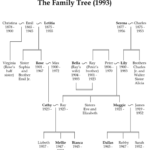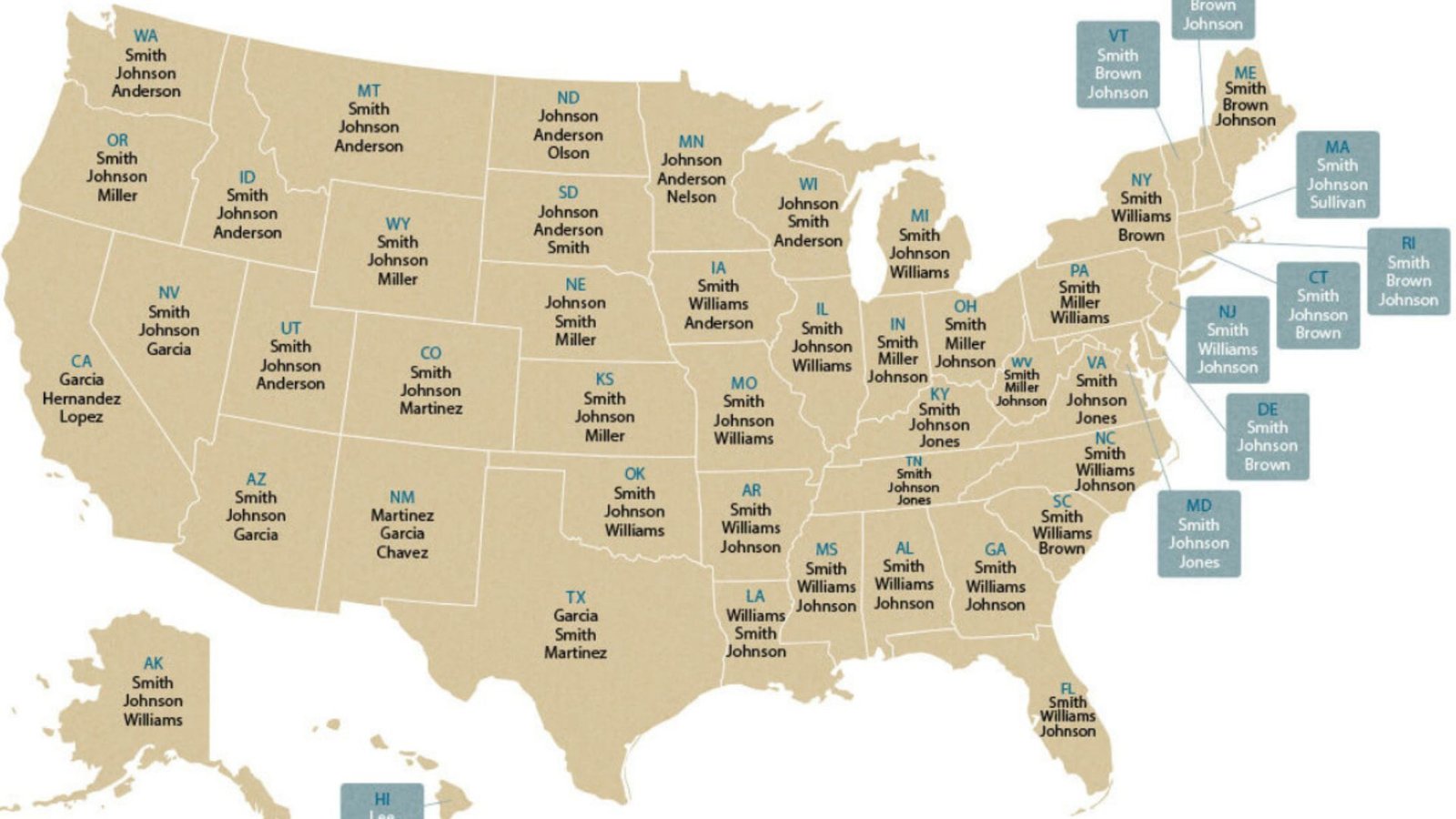Family names and their geographic origins provide a fascinating glimpse into our heritage. These names often hold clues about where our ancestors lived, their occupations, or even their personality traits. Understanding the connection between surnames and geography helps us piece together our family history, creating a clearer picture of our roots. In this article, we’ll guide you through how family names and their geographic origins are intertwined and why they matter.
The Meaning Behind Family Names
Family names often have specific meanings tied to their origins. Many surnames are derived from occupations, such as “Smith” for blacksmiths or “Taylor” for tailors. Others may come from physical characteristics, like “Brown” for hair color or “Strong” for strength. These names can also reference the places where families lived, such as “Hill,” “Ford,” or “Brook.”
By examining the meaning behind a family name, we can uncover valuable insights about its origin. This understanding not only connects us to our ancestors but also to the broader cultural and historical context in which they lived. For instance, knowing that the surname “Baker” refers to a profession can tell you that your ancestors likely worked in this trade.

How Geography Shapes Family Names
Geography plays a significant role in shaping family names. In many cases, surnames are directly linked to specific regions, towns, or landmarks. For example, the surname “London” indicates a connection to the city of London, while “York” refers to the historic city in England.
In other cases, surnames were influenced by geographic features like mountains, rivers, or forests. Names like “Lake,” “Wood,” or “Cliff” often reflect the natural surroundings of a family’s home. These geographic origins not only highlight where a family lived but also provide context for the environment and lifestyle of the time.
The Role of Migration in Surname Development
Migration has significantly influenced family names and their geographic origins. As families moved to new areas, they often adopted surnames that reflected their new surroundings. For example, a family living near a river in one region might have taken the surname “River” when they relocated. Similarly, immigrants arriving in new countries sometimes altered their surnames to fit the local language or culture.
Understanding how migration affected your family’s surname can reveal details about their journey. It can also explain variations in spelling or pronunciation that may have occurred over time.
Regional Variations in Family Names
Different regions have distinct naming conventions that reflect their unique cultures and languages. For example, in Scandinavian countries, surnames like “Anderson” or “Johansson” indicate “son of Anders” or “son of Johan.” In Ireland, surnames beginning with “O’” or “Mac” denote “descendant of” or “son of,” such as “O’Connor” or “MacDonald.”
These regional variations offer valuable clues about the geographic origins of family names. By identifying the cultural patterns behind a surname, you can narrow down the specific area where your ancestors lived.
Tracing Your Family Name’s Geographic Origin
Tracing the geographic origin of your family name involves research and careful analysis. Start by gathering information about your surname’s history. Many online genealogy platforms offer tools to help you uncover the origins of family names. Additionally, historical records, such as census data or immigration documents, can provide context about your ancestors’ locations.
DNA testing can also help confirm geographic origins. By comparing your genetic data with others, you may identify connections to specific regions or populations. This information complements your surname research, offering a more comprehensive view of your family history.
Why Family Names Matter in Genealogy
Family names are an essential part of genealogy because they serve as a key to the past. They connect generations and often carry stories that span centuries. Understanding the origins of your surname helps you appreciate your family’s journey and the cultural influences that shaped their identity.
For many people, researching family names and their geographic origins creates a sense of belonging. It bridges the gap between the present and the past, offering a tangible link to your ancestors.
The Connection Between Language and Surnames
Language is another critical factor in understanding family names and their geographic origins. Many surnames are rooted in the native language of their region, reflecting linguistic traditions. For example, French surnames like “Beaumont” (beautiful mountain) or German surnames like “Schmidt” (smith) highlight the interplay between language and geography.
When researching your family name, consider linguistic variations and translations. This perspective can uncover hidden connections and provide deeper insights into your ancestry.
Modern-Day Relevance of Geographic Origins
Even today, the geographic origins of family names remain significant. They serve as a cultural heritage marker, connecting individuals to their ancestral homeland. For many, understanding their surname’s origin fosters a sense of pride and identity.
Moreover, geographic origins can help clarify relationships between different branches of a family. By identifying shared naming patterns, you can strengthen connections with distant relatives.
Conclusion
Family names and their geographic origins are much more than labels; they are windows into our ancestry. By exploring the meanings, regional influences, and migration patterns behind surnames, we gain a richer understanding of our family history. Whether tied to a profession, a landscape, or a place, these names connect us to our roots and help preserve the stories of those who came before us.











